He was virtually unknown outside Belarus, until the commercial Ryanair plane on which he was a passenger was abruptly diverted by a fighter jet and forced to land in the country’s capital Minsk on Sunday.
Now Roman Protasevich has made headlines around the world and put the spotlight firmly back on the Eastern European country where anti-government demonstrations routinely took place after August’s disputed presidential election before they fizzled out late last year.
Protasevich, 26, was already an important figure to millions in Belarus, having served as editor-in-chief of an anti-government channel — on the secure messaging app Telegram — known as Nexta, which means “someone” in Belarusian. It became pivotal in the coverage and organization of protests against President Alexander Lukashenko and his administration.
“He was a journalist, one of many, but the Belarusian uprising of 2020 made him one of the country’s top media activists,” said Artyom Shraibman, a nonresident scholar at the Carnegie Moscow Center in Minsk.
Belarus had added Protasevich’s name to a list of “individuals involved in terrorist activity” last year, he added, “and that’s what made him such a wanted target.”
Protasevich was traveling aboard the commercial Ryanair passenger plane from Greece to Lithuania when a Soviet-era MiG-29 fighter jet was nearby and Belarusian authorities flagged what turned out to be a false bomb alert to force the aircraft to land.
Witnesses said Protasevich became extremely distressed when he realized he was about to be arrested along with his Russian girlfriend, Sofia Sapega. Both have since appeared in videos, which have been criticized as scripted by their relatives.
The condemnation of Belarus’ decision to ground the plane and arrest the pair was swift. President Joe Biden called the incident “outrageous” in a statement Monday, when Britain, the European Union, NATO and the United Nations also lined up to call out the action in the skies.
Defending the decision Wednesday, Lukashenko told parliament that the bomb threat had not come from Belarus, while noting that the flight path was near a nuclear plant.
“Do we want another Chernobyl?” he said.”How would the United States react in such a situation?”
The idea that the fighter jet had forced the plane to land was an “absolute lie,” he added, before accusing European leaders of waging a “hybrid war” against Belarus, by using the incident to impose new sanctions.
Lukashenko — often referred to as “Europe’s last dictator” — has held on to power despite mass protests over last August’s presidential election that his opponents and international observers say was rigged, a charge he denies.
The ensuing protests were met with a harsh crackdown by the government on opposition figures, activists and demonstrators, some of whom were “tortured or ill-treated” in detention, according to human rights groups like Amnesty International and the demonstrators themselves.
Protasevich had already fled to Poland in 2019 and was living there in exile.
Working with a small team, his Nexta channel shared videos of police brutality and helped direct demonstrations in a country where opposition media is suppressed by the government.
This information was a common source for international media, who struggled to cover the protests because Belarusian authorities restricted their entry into the country and the channel soon gained more than 1 million subscribers.
Protasevich told Russia’s independent TV Rain channel in August that he saw himself as a “mouthpiece” for anyone unhappy with the Lukashenko regime.
Nexta had “greater importance than all opposition politicians put together,” according to Yauheni Preiherman, director of the Minsk Dialogue Council on International Relations.
“This channel essentially coordinated the protests,” Preiherman said. “This fact alone made them in the eyes of the Belarusian authorities the target and enemy.”
Download the NBC News app for breaking news and politics
Lukashenko’s government designated Nexta as “extremist” in October and the following month, Protasevich was charged with inciting mass riots, disrupting social order and of inciting social hatred and added to the list of “individuals involved in terrorist activity.”
A longtime critic, he participated in anti-government protests in 2011 when he was still in high school. He studied journalism at the Belarusian State University in Minsk and has worked as a freelancer before his editorship with Nexta.
In an interview with the Russian journalist Yuri Dud last September, Protasevich said he attended pro-democracy protests in Ukraine in 2014, but did not take part in any clashes with police.
He got into journalism because it can “help people,” he said, adding that as a freelance journalist, he had covered the conflict between Ukraine and Russian backed separatists in the east of the country.
To some observers including Jason Bush, a senior analyst at the political risk consultancy Eurasia Group, Lukashenko has made an error by detaining “a relatively low profile journalist” and receiving international condemnation in return.
“It looks so far as if the costs of this greatly outweigh political benefits,” he said. “It looks like short-sighted thinking on the part of Lukashenko’s security services.”
However, Shraibman said it appeared the arrest was not motivated by a grand strategy — but revenge.
“They just wanted to punish the person whom they consider a terrorist — that’s it,” Shraibman said. “They just want revenge. All the other considerations are secondary.”

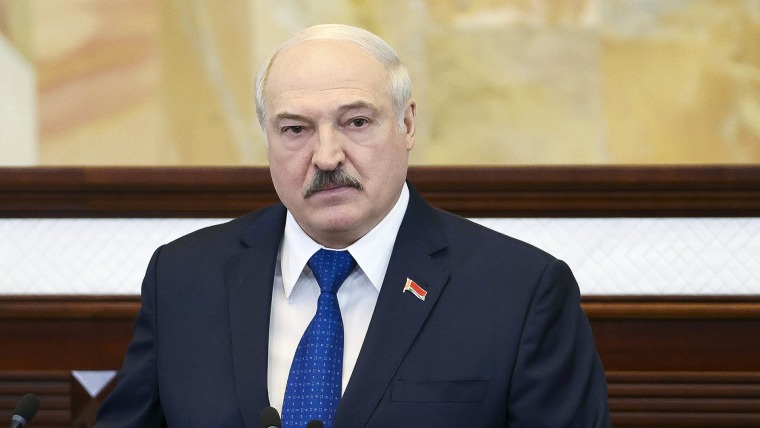
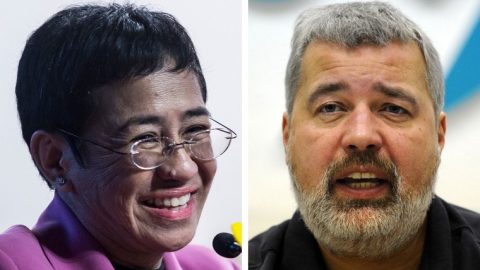
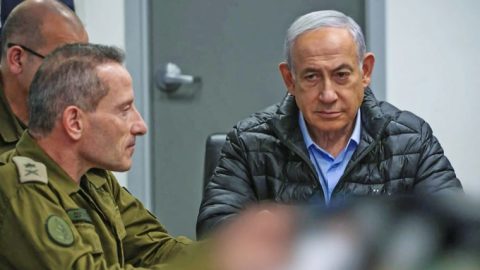
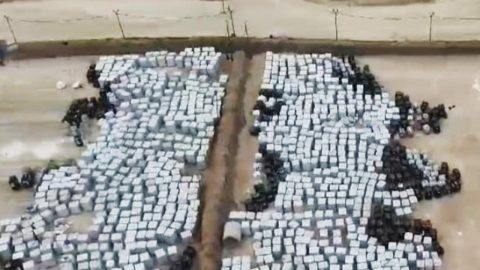

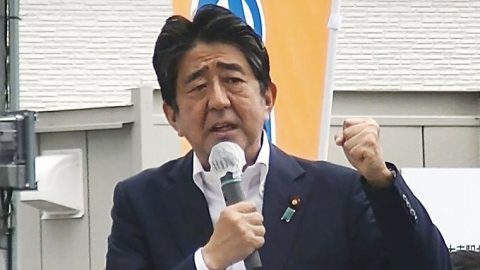
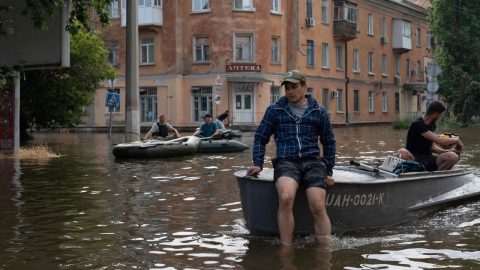
Recent Comments